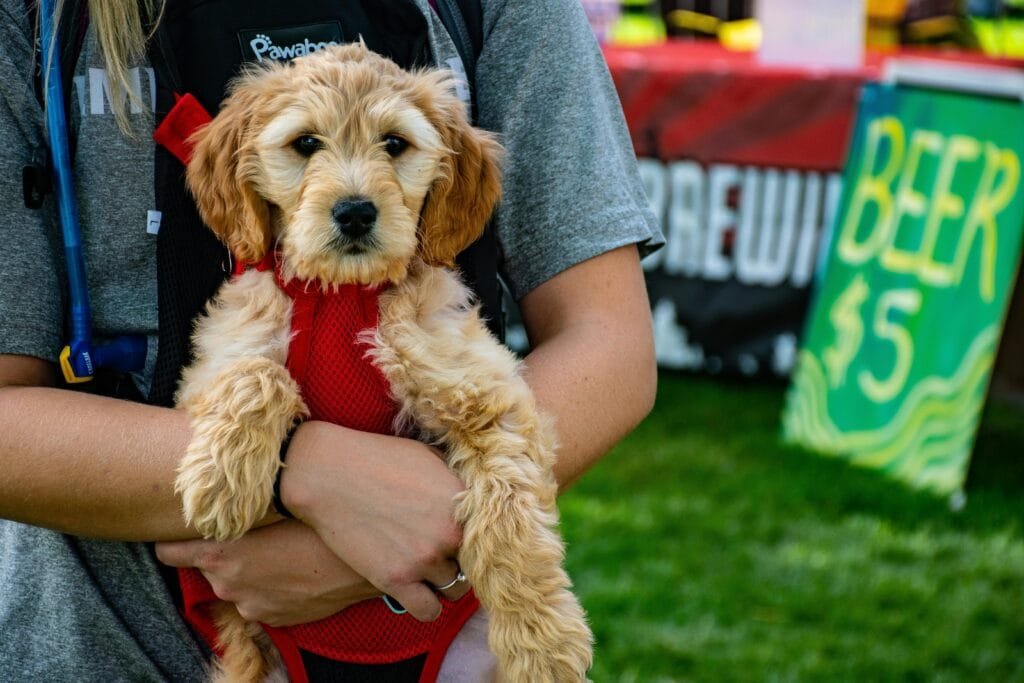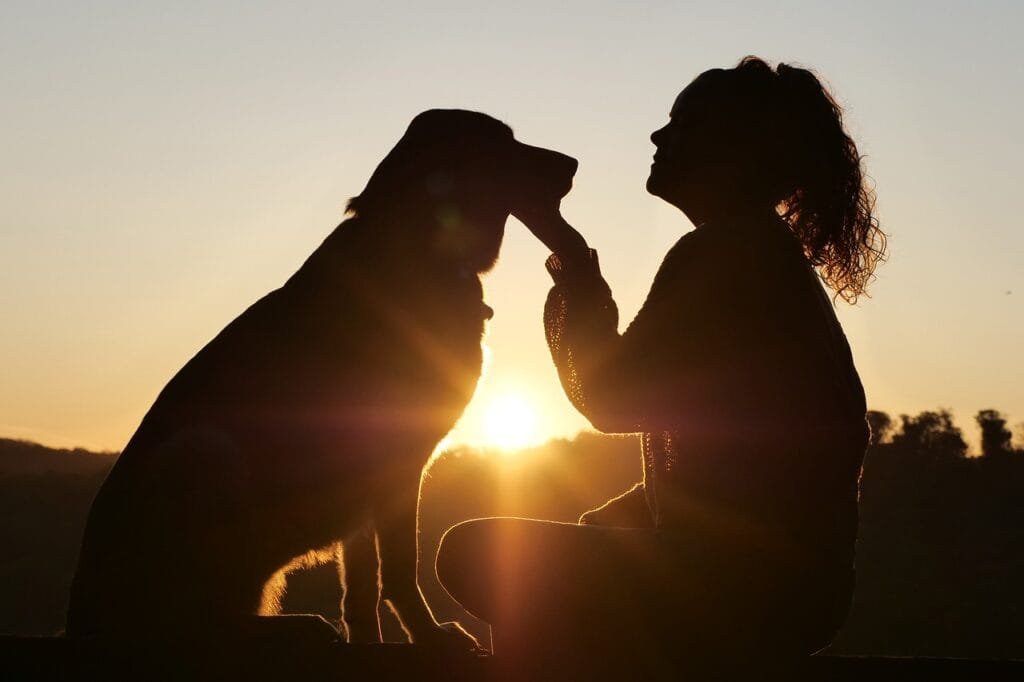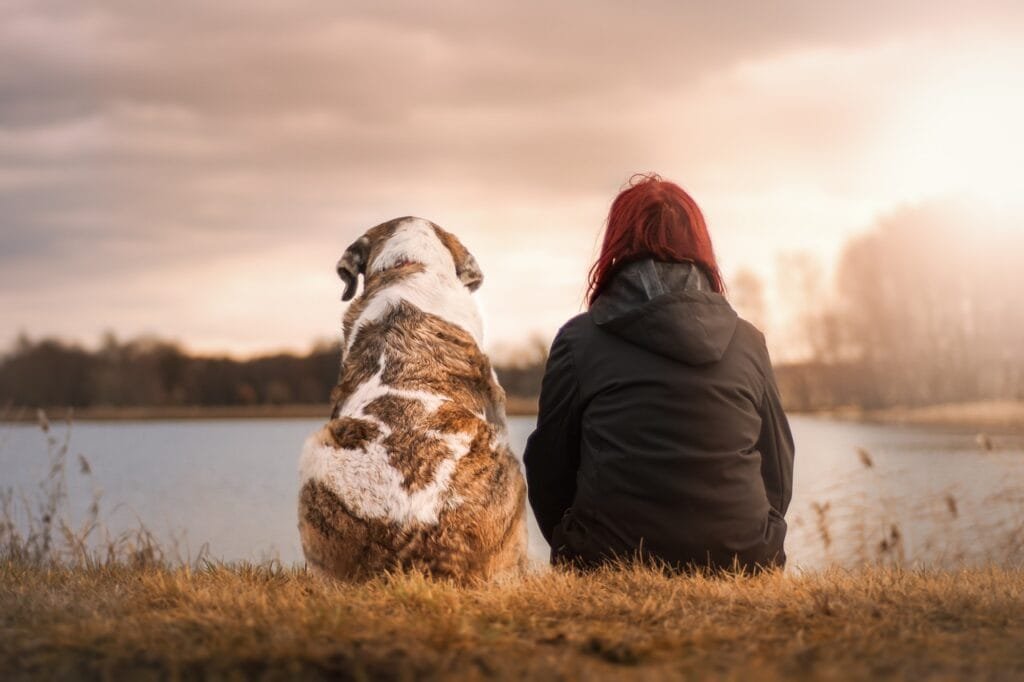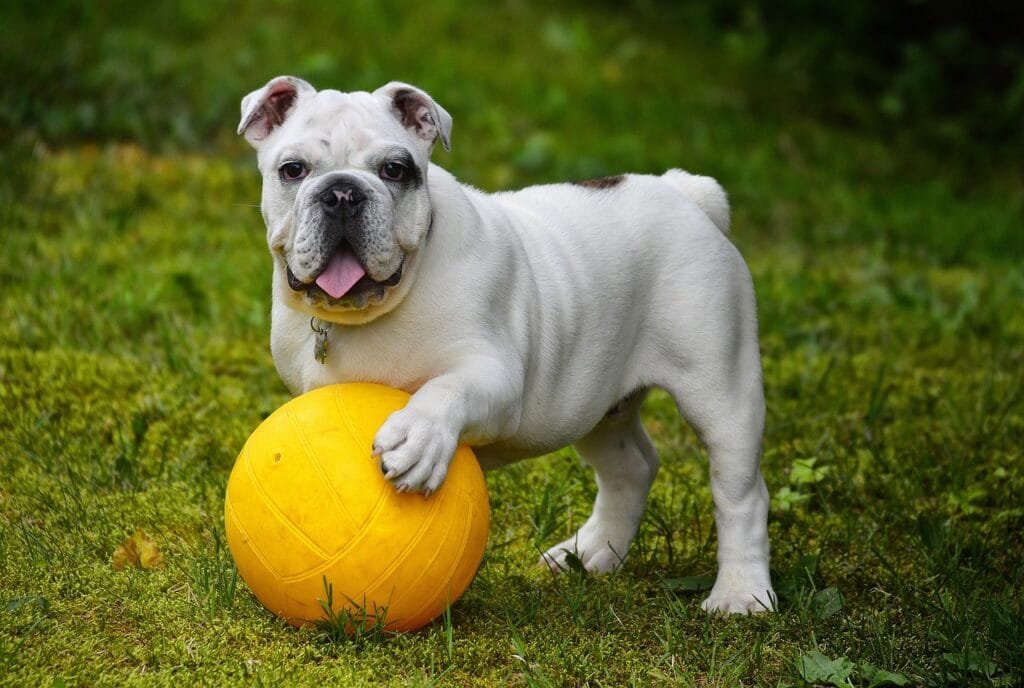What to teach your puppy: A guide for new dog parents
Bringing home a new puppy is exciting, but it can also feel overwhelming—especially when you’re not sure what to teach your puppy first. With so much to cover, it’s easy to wonder where to begin.
The good news? You don’t need to train everything at once. Focusing on a few key foundations in the early weeks will set your puppy up for success and make your life much easier in the long run.
1. Name recognition
Your puppy’s name is more than just a label—it’s a way to get their attention and build engagement. Teaching name recognition is one of the first steps in setting up a strong communication foundation.
This simple habit lays the groundwork for better focus, recall, and responsiveness in training.
2. Engagement: Teaching your puppy to check in with you
A puppy who learns to focus on you early on will be much easier to train as they grow. One of the best ways to build engagement is by rewarding your puppy for voluntarily looking at you—even when you haven’t asked for it.
- Carry treats and reward your puppy anytime they check in with you.
- Use a verbal marker like “yes!” when they make eye contact, then follow it with a treat.
- Start in a quiet space before gradually practicing in more distracting environments.
By reinforcing attention and engagement, you’re setting the stage for loose-leash walking, recall, and overall responsiveness.
3. Handling exercises for vet and grooming visits
Many dogs become fearful of being handled, making vet visits and grooming stressful. Teaching your puppy to be comfortable with touch now will prevent struggles later.
- Gently touch your puppy’s paws, ears, and mouth while rewarding with treats.
- Keep sessions short and positive, stopping before they get uncomfortable.
- Gradually introduce tools like a brush or nail clippers, pairing each interaction with a reward.
Building positive handling experiences early will make life much easier for you—and for your vet and groomer!
Common mistakes to avoid
- Too much, too soon: Keep training short and fun to avoid frustration.
- Ignoring socialization: Introduce your puppy to different sights, sounds, and surfaces early on.
- Inconsistent rules: Make sure everyone in the household follows the same training approach to avoid confusion.
Want personalized help? Let’s build your puppy’s foundation together!
These early lessons are just the beginning! If you’re still unsure what to teach your puppy or how to make progress, personalized coaching can help you avoid common struggles while making training easier and more effective.
📅 Book a puppy training session today to get expert guidance on socialization, impulse control, and real-world training strategies.
Let’s set your puppy up for success!







